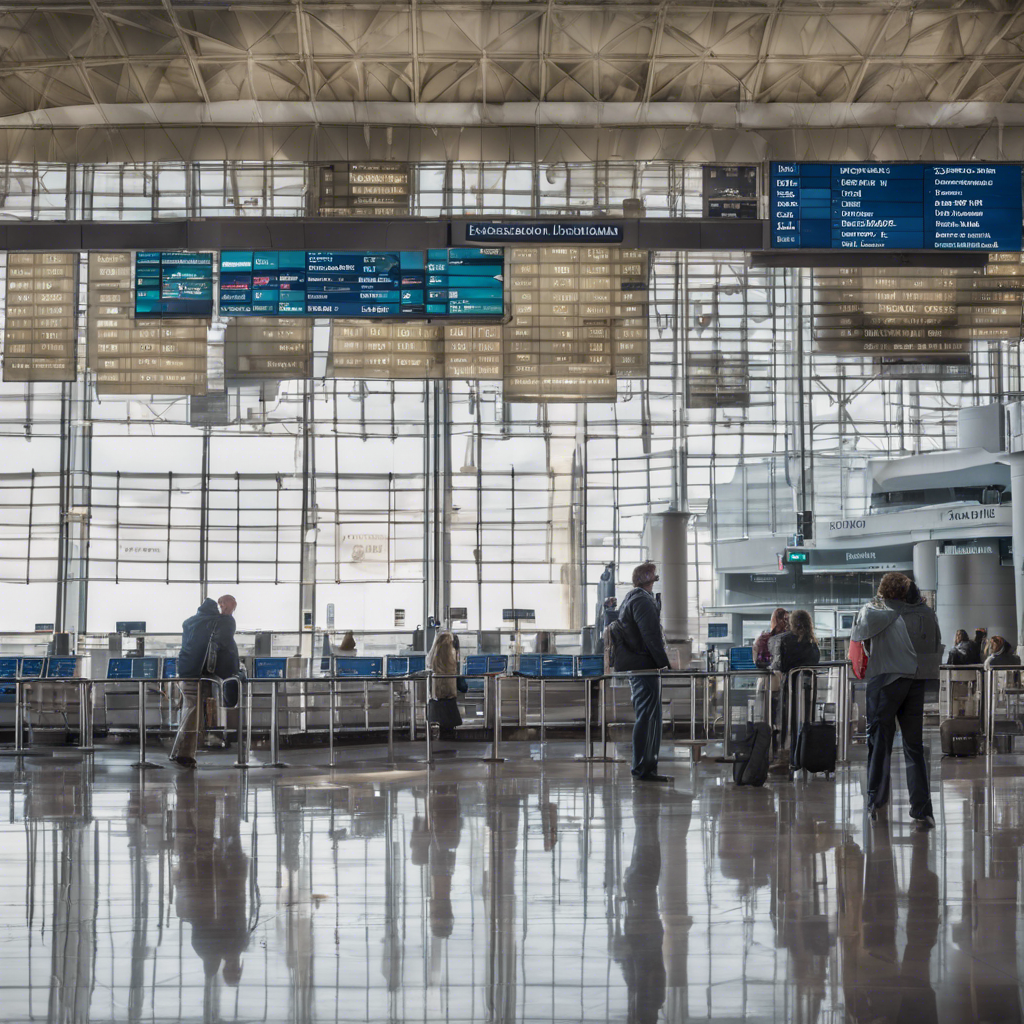Flights & Cancellations into and out of Philadelphia International Airport

A Promising Turnaround: Improved Flight Operations at Philadelphia International Airport
Philadelphia International Airport, one of the busiest airports in the United States, has seen a significant improvement in its flight operations. After a tumultuous period marked by delays and cancellations, the airport is finally witnessing a positive change. On Saturday, the number of delays was reduced to 170, and only three flights were canceled, signaling a promising turnaround. This article delves into the factors behind the recent improvements, explores the challenges faced by the airport, and highlights the measures taken to enhance the travel experience for passengers.
Understanding the Challenges
Philadelphia International Airport, serving as a major hub for both domestic and international flights, has faced its fair share of challenges in recent times. The COVID-19 pandemic, coupled with severe weather conditions and operational issues, resulted in a significant number of delays and cancellations. These disruptions led to frustration among travelers and highlighted the need for improved efficiency and resilience in the airport’s operations.
Addressing Operational Issues
To tackle the operational issues plaguing the airport, authorities have implemented several measures. These include enhancing communication channels between airlines, ground staff, and air traffic control to ensure better coordination. Additionally, the airport has invested in advanced technology and infrastructure upgrades, such as improved radar systems and runway maintenance, to minimize disruptions caused by inclement weather conditions.
Collaborative Efforts
Recognizing the need for collaboration, Philadelphia International Airport has worked closely with airlines, ground handling companies, and other stakeholders to streamline operations. Regular meetings and joint exercises have been conducted to identify bottlenecks and develop effective solutions. These collaborative efforts have played a crucial role in reducing delays and cancellations, as all parties involved are working towards a common goal of improving the passenger experience.
Weather Mitigation Strategies
Philadelphia, like many other airports, is susceptible to adverse weather conditions that can disrupt flight operations. To mitigate the impact of severe weather events, the airport has implemented proactive strategies. These include closely monitoring weather forecasts and preemptively adjusting flight schedules to minimize disruptions. Additionally, the airport has increased the capacity of its de-icing facilities to ensure efficient aircraft preparation during winter storms.
Passenger Support and Communication
Recognizing the importance of transparent communication, Philadelphia International Airport has made efforts to keep passengers informed about any changes or disruptions. The airport’s website and mobile app provide real-time updates on flight statuses, allowing travelers to plan their journeys accordingly. Furthermore, dedicated customer service teams are readily available to assist passengers and address any concerns they may have, ensuring a seamless travel experience.
Conclusion:
Philadelphia International Airport’s recent improvements in flight operations are a welcome development for both travelers and the aviation industry as a whole. The concerted efforts to address operational issues, collaborate with stakeholders, implement weather mitigation strategies, and enhance passenger support have contributed to this positive change. However, it is essential to maintain and build upon these improvements to ensure a consistently smooth travel experience for passengers. As the airport continues to evolve and adapt, it is poised to regain its reputation as a reliable and efficient transportation hub.

